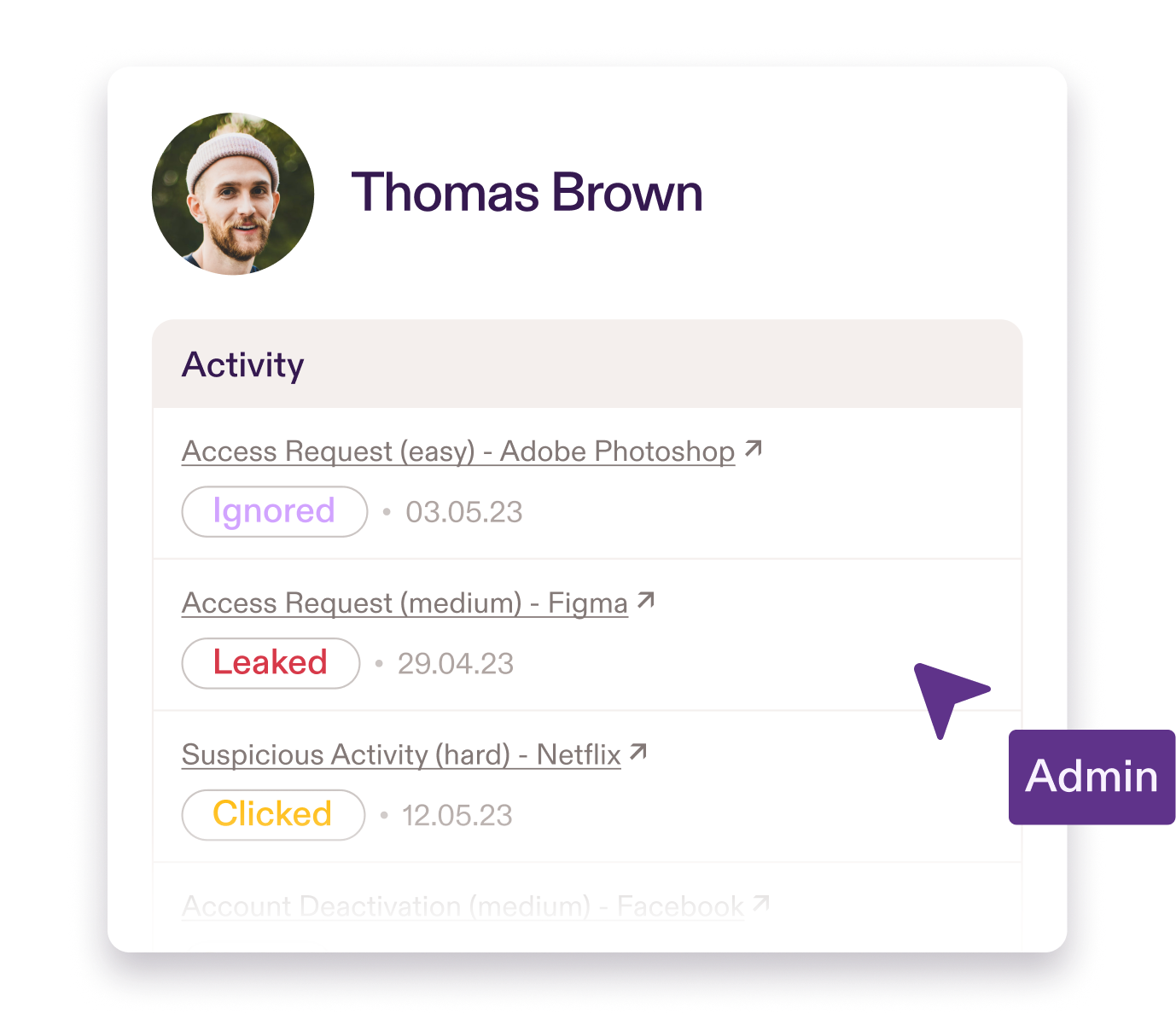In the wild, wild world of the internet, it's easy to get lost in the landscape of cat memes, streaming services, and online shopping sprees. But what most of us often forget is that while we're surfing the web, we're also leaving behind a trail of digital breadcrumbs – the kind that can be picked up by advertisers, websites, and even the all-knowing algorithms. Yep, we're talking about cookies and online privacy.
Web cookies are small text files that websites store on your computer or device. These files are used to track your online activities, serving various purposes, such as speeding up website loading times and remembering your login details. However, it's important to note that they also play a pivotal role in the realm of online tracking and can potentially compromise your privacy.
So, how can you protect your digital footprint and maintain your online privacy? Let's dive in.
1. Get to Know Your Cookies
First things first, let's get familiar with these digital components. There are two main types of cookies: session cookies and persistent cookies. Session cookies are temporary and are deleted as soon as you close your browser. Persistent cookies, on the other hand, stick around for a longer time and can be used to remember your preferences or track your online behavior.
To manage your cookies effectively, head to your browser's settings. You can usually find the cookie settings under "Privacy" or "Security." Here, you can decide whether to accept cookies, block them entirely, or set up notifications when a website tries to drop a cookie on your device.
2. Browser Extensions
If you want to improve your cookie management skills, browser extensions are a valuable resource. These tools make it easier to control and monitor cookies, trackers, and ads, while also providing insights into websites that are trying to track your online activities. You can then decide who gets permission to track you online.
3. Go Incognito
Sometimes, you want to keep your online activities under wraps. Most modern browsers offer an "incognito" or "private" mode that, when activated, won't save your browsing history, cookies, or search queries.It ensures that your browsing history, cookies (small files that store your information), and search queries aren't saved, providing a clean slate after your online session.
4. Clear Cookies and History
Just like you clean your house or wash your car, it's essential to tidy up your digital space from time to time. Set a habit of clearing your cookies and browsing history regularly, especially after those late-night online shopping sprees or deep dives into conspiracy theory forums.
5. Online Safety Matters
As we wrap up our exploration through the world of online privacy and cookies, there's one crucial aspect we can't overlook: cybersecurity training. Sure, managing cookies and using browser extensions are handy tactics, but true digital empowerment comes from knowing the ins and outs of cybersecurity.
Think of it as not just locking your front door but comprehending how the locks work and when to upgrade them. When you invest in cybersecurity training, you're not just safeguarding your own online presence; you're also becoming part of a broader effort to create a safer digital environment for everyone.
At Pistachio, we're convinced that education and awareness are the most potent tools against cybersecurity risks. But our focus isn't solely on technology; it's on people. We strive to provide a transformative learning experience that empowers individuals to proactively protect themselves and their organizations.
We've streamlined the learning process, delivering bite-sized, customized training content directly to your team's inboxes each week. This ensures that cybersecurity education is both effective and convenient, adapting to your team's busy schedules.
So, as you embark on your digital journey, remember the power of knowledge and the role it plays in ensuring a safer online experience for everyone. Go forth, explore, and remember to leave no cookie crumbs behind!

